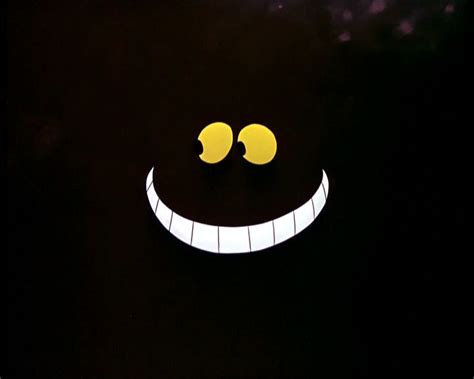|
home | what's new | other sites | contact | about |
||
|
Word Gems exploring self-realization, sacred personhood, and full humanity
Lao Tzu Kairissi and Elenchus discuss implications of The Way
Elenchus. When I first began learning of the Dao, it occurred to me, “This sounds a lot like the Logos of the Stoics.” Later, I came across others who put forward the same connection. Kairissi. There’s an article somewhere, “How to think like a Roman Emperor.” Pretty much all of the intelligentsia of ancient Rome were Stoics. E. Today there’s a common misconception that stoicism has to do with denying passion –stiff upper lip and all that. But this is very wide of the mark. Stoicism was about honoring reason, or what they called the Logos, which could be seen as Universal Reason. The Stoics saw meaning, purpose, and intelligence embedded in the universe, and felt that they should come into harmony with it. K. We can see how the misunderstanding came about. Those who honor reason will try to control the passions lest they interfere with rational thought. But the Stoics were not against passion, as such. E. And here’s another misconception. The Stoics had a term “apatheia.” It gives us the modern word “apathy” – but the meaning is totally different. Apatheia is not about indifference or “I couldn’t care less,” but a reasoned resignation to the underlying dispositive cosmic order. K. This sounds a lot like what we call “surrender and acceptance.” E. It’s exactly like that – which has nothing to do with fatalism and “I shouldn’t try to make things better.” K. It’s just an acknowledgement of a hidden universal intelligence which, in its own subtle way, is superintending things and offers meaning and purpose to our eternal lives. E. Now, all of this about Stoicism is very closely aligned with Lao Tzu’s Dao, or “The Way.” K. It’s often made into a religion today, but originally I think it was simply a philosophy about life and the universe. E. As with the Stoics, the followers of the Dao say that the path forward is to align oneself with the natural underlying force and intelligence of the universe. K. Neither of us would claim to be a Stoic or a Daoist, but we live our lives pretty much according to the same guiding principle. E. I don’t like “isms.” I don’t like becoming part of any group because that would feel too limiting to me. I think we should follow the truth wherever it leads, and if some of it overlaps with what others have also seen, then that’s well and good, but any conformance to earlier discoveries will not mean that I’m now part of their group. K. Is there anything that we don’t like about “The Way”? E. I’m not an expert in Lao Tzu’s teachings, but I gather that he did not see the hidden underlying intelligent force of the universe as a person. K. And there are many today who have a similar view. E. It's a somewhat common belief even on the other side. And while we know that there is no “sky-god on a white marble throne” somewhere, and I also think that God has no body or form and does not even "reside" in our spacetime, I don’t see how it’s possible for there to be an intelligent universal force without it enjoying the status of personhood. K. In both Stoicism and Daoism, followers would not deny that it’s also a loving force, intent upon doing good for humans. E. It makes no sense to me to say that there’s an Intelligent Loving Universal Force, guiding the cosmos, without that force also being a person. K. These concepts have had a long history. In our day, similar arguments are made about Universal Consciousness – which, it's often said, is as an impersonal force. E. How can a force be conscious – in fact, the very source of all consciousness, plus the originator of love, intelligence, reason, and the like -- and not be a person? K. It is rather strange. We've heard the claim that this force is the source of human’s consciousness, the source of our capacities to love, reason, and to experience emotion. And yet it is often denied that our sense of personhood is derived from an archetypal person. Where did we get our sense of being a person? Did we manufacture it all by ourselves? Personhood, as I see it, is a kind of "container" to house all of these stellar cognitive and emotional attributes. If there is no personhood, where is the locus or focal point of these many mind-powers? - and that's another one: Mind! - but if these are not "residing" in personhood, where are they? floating about the cosmic dimensions somewhere as a sort of wispy fragmented "cheshire cat smile," an ethereal spectre? This is nonsense.
E. I think the natural answer here is that we are persons because Source is also a Person. We got it all from Source.
|
||
|
|

